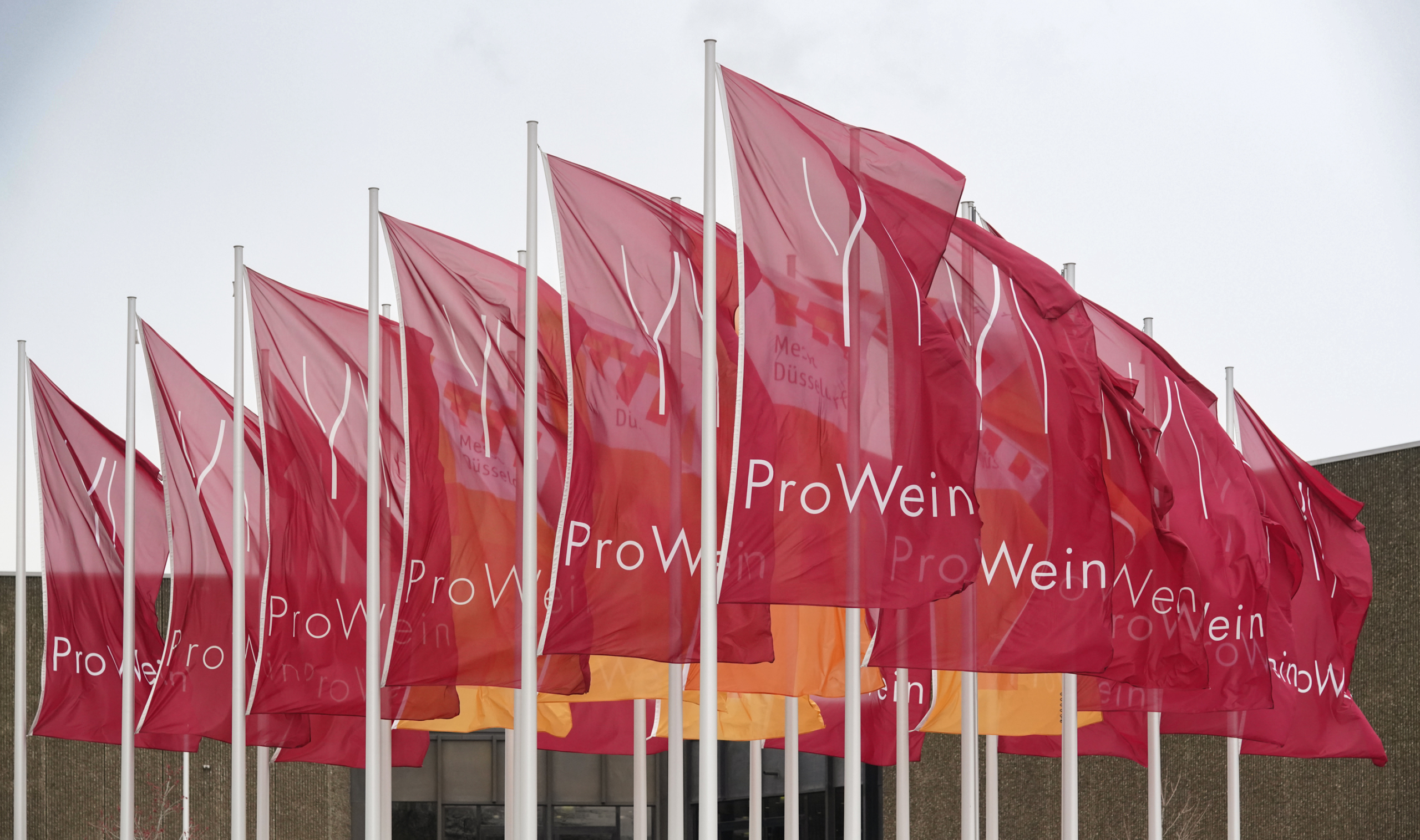What have you been eating?
The benefits of the Cretan diet are known throughout the world. Distinguished nutritionists praise the Cretan cuisine and urge us to incorporate some of the products used in the most delectable and nutritious Mediterranean cuisine in our dishes.
Cretans are proud, imperious and full of life. These wonderful people are well known – among other things – for their cuisine. Based on products of Mother Earth, the Cretan cuisine proves beyond any doubt that a correct diet is the only certain way to live a long life. Find out the ingredients upon which the Cretan cuisine is based and add them to your everyday diet.
Olive oil: the secret to longevity
In Crete, there is a story that has been passing by word of mouth. In the late 50s, Ancel Keys, a famous doctor specialising in dietary issues, visited the island to find out why Cretans live so long. Of course, he was shocked when he saw the salads literally swimming in olive oil. Following extensive research, it was proven that olive oil was the well-hidden secret to Cretan longevity, since it was always present on the Cretan table. Known for its antioxidant action, olive oil protects the heart, reduces cholesterol, helps liver function and shields against many types of cancer.
Black bread and rusks: the food of the poor
The black bread that Cretans have been eating for centuries, made from wheat, barley and rye, was considered for many years second-rate by the more affluent, who preferred white bread. Even Cretans themselves used to eat white bread, which they called “luxury bread”, during times of celebration, e.g. at Easter and Christmas. Well, this second-rate bread, and by extension rusks, are yet another strong suit of the Cretan diet, as they are rich in fibre and vitamin B and protect against colon cancer. A special place in the Cretan cuisine is held by dakos, a usually round rusk soaked in olive oil and topped with ground fresh tomato, whey cheese and herbs.
Honey: the miracle worker
Numerous archaeological findings in Crete have revealed how deeply related Cretans were to honey. This valuable Cretan product is rich in vitamins and antioxidants. The most important vitamin of honey, vitamin E, removes from the body the harmful substances caused either by external factors, such as smoking and carcinogenic substances, or by metabolism.
Aromatic herbs: the joy of nature
Crete, the most interesting island in terms of Botany, is well known for its self-seeding aromatic plants. In almost every traditional Cretan cuisine, you will find oregano, dittany, mountain tea, chamomile, marjoram, laurel, rosemary, thyme, mint, sage, spearmint, and so on. Cretan herbs are picked by experienced hands and are naturally processed, offering numerous therapeutic properties in everyday diet.
Raisins, wine and nuts: the guardians of health
Vine-growing in Crete dates back to prehistoric times. Wine and raisins are two valuable elements of the Cretan diet that are still consumed on a daily basis. Raisins, which have a high B vitamin content, and nuts, a Cretan favourite, which are rich in linoleic acid, reconstruct body cells and protect the heart.
Cheese and milk: blessed by Zeus
It is said that Zeus, the god of men, was born and raised in a cave (Dictaeon or Idaion Andron) on the steep mountains of Crete. There, the goat Amalthia suckled him with pure Cretan milk, which is now used to make the island’s celebrated cheeses. You will find graviera, kephalograviera, fresh and dry whey cheese and Cretan kephalotyri in every household on the island. All these types of cheese are rich in vitamins, minerals and amino acids.
Fruit and vegetables: the gifts of the earth
Studies have shown that Cretans consume three times the amount of fruit and vegetables other Europeans do. This might be another well-hidden secret for their longevity. Vegetables, assorted greens and tomatoes, all known for their antioxidant properties, assist in digestion and prevent heart disease.

